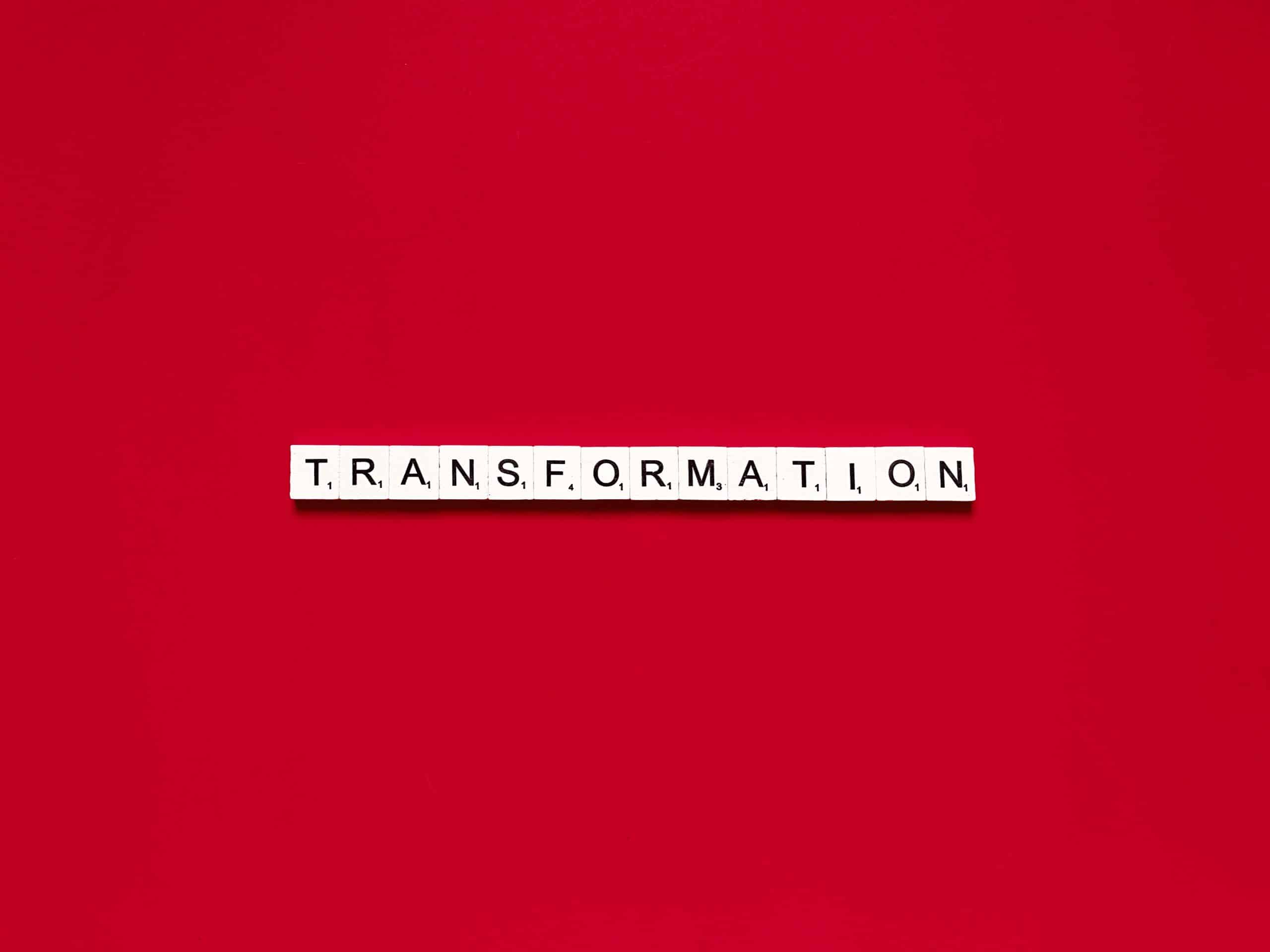What Are the Challenges of Digital Transformation for UK Traditional Bookshops?

Digital transformation is an inevitable process that has swept across various industries, and the UK book industry is no exception. As publishers and bookshops navigate through this new digital era, they confront a series of complex challenges. From adapting their business models to grappling with the cost of new technologies, the hurdles are substantial. This article will delve into the intricacies of these challenges, discussing what digital transformation entails for traditional bookshops, and how they can stay afloat amid this tidal wave of change.
The Impact of Digital Publishing
Digital publishing is a double-edged sword for traditional bookshops. On one hand, it provides an opportunity to broaden their market reach and offer more varied content. On the other hand, it requires a significant overhaul of established business practices and models.
A voir aussi : What Are the Best Cold Email Strategies for UK B2B Startups to Gain Clients?
With the advent of digital publishing, books can now be instantly accessed on various devices, from e-readers to smartphones. This instant access to a global library has shifted consumer habits, with many readers now preferring e-books and audiobooks over printed copies. For traditional bookshops, this shift represents a significant challenge, as they must adapt or risk becoming obsolete.
Furthermore, e-books and online platforms often offer books at a lower cost, making them a more appealing option for budget-conscious readers. This price competition adds another layer of complexity to the challenge faced by traditional bookshops. They must figure out a way to reduce their prices or offer added value to justify the higher cost of physical books.
Sujet a lire : What Are the Key Considerations for Implementing Hybrid Cloud Solutions in UK SMEs?
Adapting Business Models
As the digital publishing landscape evolves, traditional bookshops must rethink their business models. They need to consider incorporating digital elements into their offerings, or risk being left behind by their more progressive counterparts.
To stay competitive, many traditional bookshops have started offering digital services alongside their physical books. Some have introduced online platforms that allow customers to browse and buy books from the comfort of their homes, while others have partnered with e-book companies to provide digital copies of their books.
However, transitioning into these new models is not without challenges. It involves substantial investment in digital infrastructure and technologies, as well as staff training to manage these new systems. Additionally, it requires a mindset shift, as bookshops must now consider themselves as part of the broader content industry, rather than just book sellers.
Navigating the Costs of Digital Transformation
The cost of digital transformation is one of the biggest hurdles for traditional bookshops. Shifting from a brick-and-mortar model to a digital one requires a substantial financial investment, which is often beyond the reach of small, independent bookshops.
The costs associated with digital transformation are multifaceted. They include the expense of acquiring and implementing new technologies, hiring or training staff to manage these systems, and maintaining a digital platform. It also involves the costs of marketing and promoting the new digital services to ensure customers are aware of and use them.
While larger companies may have the resources to absorb these costs, smaller bookshops often struggle. This financial barrier can prevent them from fully embracing digital transformation, leading to a competitive disadvantage.
Overcoming Data Management Challenges
In the digital age, data is king. It provides invaluable insights into customer behavior and preferences, helping businesses make informed decisions. However, effectively managing and using this data is a significant challenge for traditional bookshops undergoing digital transformation.
Digital platforms generate a wealth of data, from customer demographics to purchase histories. While this data can be a powerful tool, it can also be overwhelming for businesses unaccustomed to dealing with such vast amounts of information. Traditional bookshops must invest in data management systems and analytics tools, and train their staff to interpret and use the data effectively.
Furthermore, with the increased use of data comes heightened concerns about privacy and security. Bookshops must ensure they are compliant with data protection regulations, which adds another layer of complexity to their digital transformation journey.
The Role of Education in Digital Transformation
Education plays a critical role in the digital transformation of traditional bookshops. From understanding the basics of e-commerce to learning about data analytics, there is a steep learning curve for businesses accustomed to traditional retail models.
Bookshops must invest in educating their staff about new technologies and digital practices. This may involve formal training programs or self-guided learning initiatives. Without this education, businesses risk falling behind in the rapidly evolving digital landscape.
Moreover, bookshops must also educate their customers about their digital offerings. Whether it’s promoting their online platform or teaching customers how to use e-readers, customer education is crucial for the success of a bookshop’s digital transformation. This requires a strategic approach to marketing and communication, adding to the challenges faced by traditional bookshops in this new era.
As we can see, the digital transformation journey for UK traditional bookshops is fraught with challenges. But despite these hurdles, the transition is necessary for survival in the ever-evolving digital landscape. With proper planning, investment, and a commitment to continuous learning, bookshops can navigate these challenges and thrive in the digital era.
Leveraging Technology and New Revenue Streams
The digital transformation journey for traditional bookshops involves not only adapting to new business models, but also embracing new technologies that can enhance their operations and offer new revenue streams. The rise of artificial intelligence (AI), social media, digital publishing, and other technological advancements have redefined the publishing industry, and their effective integration could spell long-term success for bookshops.
AI, for instance, can play a vital role in enhancing customer experience. It can provide personalised book recommendations based on customer’s reading habits and preferences, thus increasing customer satisfaction and boosting sales. Similarly, implementing social media strategies can help bookshops reach a wider audience, engage with customers on a more personal level, and promote their goods and services more effectively.
Digital publishing also offers a myriad of new opportunities. It enables bookshops to offer a wider range of products, such as digital textbooks, thereby expanding their market reach. Furthermore, it offers potential for new revenue streams. For instance, some bookshops have started selling open access educational content, providing another income source.
However, employing these digital technologies involves a significant return on investment. Bookshops must consider factors such as cost, time, resources, and technical expertise before deciding which technologies to adopt. Additionally, they need to ensure that the implemented technologies align with their business model and contribute to their overall digital transformation strategy.
Conclusion: The Path Forward for Traditional Bookshops
The road to digital transformation for UK traditional bookshops is one laden with numerous challenges. From adapting business models to integrating new technologies, the shift from a physical to a digital platform is not a walk in the park. It requires substantial investment, a high degree of adaptability, and more importantly, a commitment to continuous learning and innovation.
However, despite these hurdles, the future of the publishing industry does not necessarily spell doom for traditional bookshops. On the contrary, it offers them an opportunity to reinvent themselves, expand their market reach, and tap into new revenue streams.
Ultimately, the successful digital transformation of traditional bookshops hinges on their ability to leverage technological advancements, adapt to changing consumer behaviours, and remain relevant in the digital era. This journey, while challenging, is an opportunity for growth and innovation. By staying ahead of the curve, traditional bookshops can ensure their long-term survival and prosperity in the digital age.
In the words of Charles Darwin, "It is not the strongest of the species that survives, nor the most intelligent; it is the one most adaptable to change." This quote perfectly encapsulates the essence of digital transformation for traditional bookshops. In an era marked by rapid technological advancements and shifting consumer preferences, adaptability and resilience are the keys to success. With the right strategies and mindset, traditional bookshops can turn the tide of digital transformation in their favour, ensuring a vibrant and thriving future in the digital era.
